Penicuik Estate review: An exclusive use house and cottages for collectors and connoisseurs
The Penicuik Estate in Midlothian, Scotland is an ever-growing hospitality empire with a fascinating history.
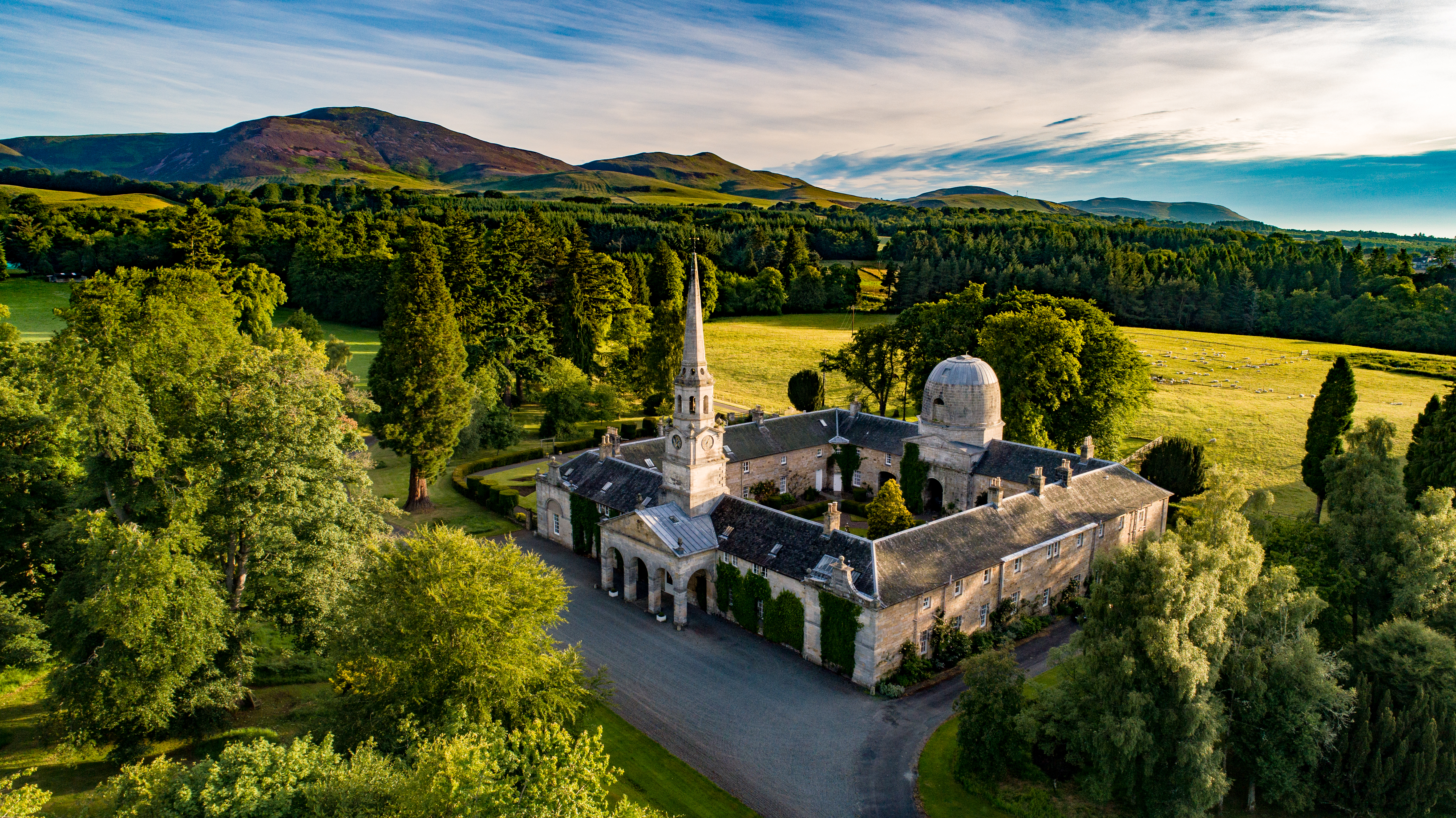
'I’m not the type who wants to go back to the land,' Fran Lebowitz once quipped. 'I’m the type who wants to go back to the hotel.' Next time that most steadfastly metropolitan of essayists makes the trip from Manhattan to Midlothian, she might try spending a couple of nights at Penicuik Estate, which occupies some 7,500 acres half an hour or so south of Edinburgh at the foot of the Pentland Hills, where it’s possible to go back to the land and back to the hotel more or less simultaneously, and where both options are equally attractive.
The background is interesting. In the first half of the 17th century an ambitious and versatile young merchant from Montrose named John Clerk accrued a modest fortune importing silk stockings, medieval manuscripts and mousetraps from France, along with what may have been the first Rembrandt to come to Scotland. Eventually, flush with success, he resolved to 'give over all Trade, and become a Country Gentleman'. To which end he purchased the land and barony of Penicuik in 1654. (The name is pronounced 'Pennycook' and derives from a Celtic phrase meaning 'place of the cuckoo'.)
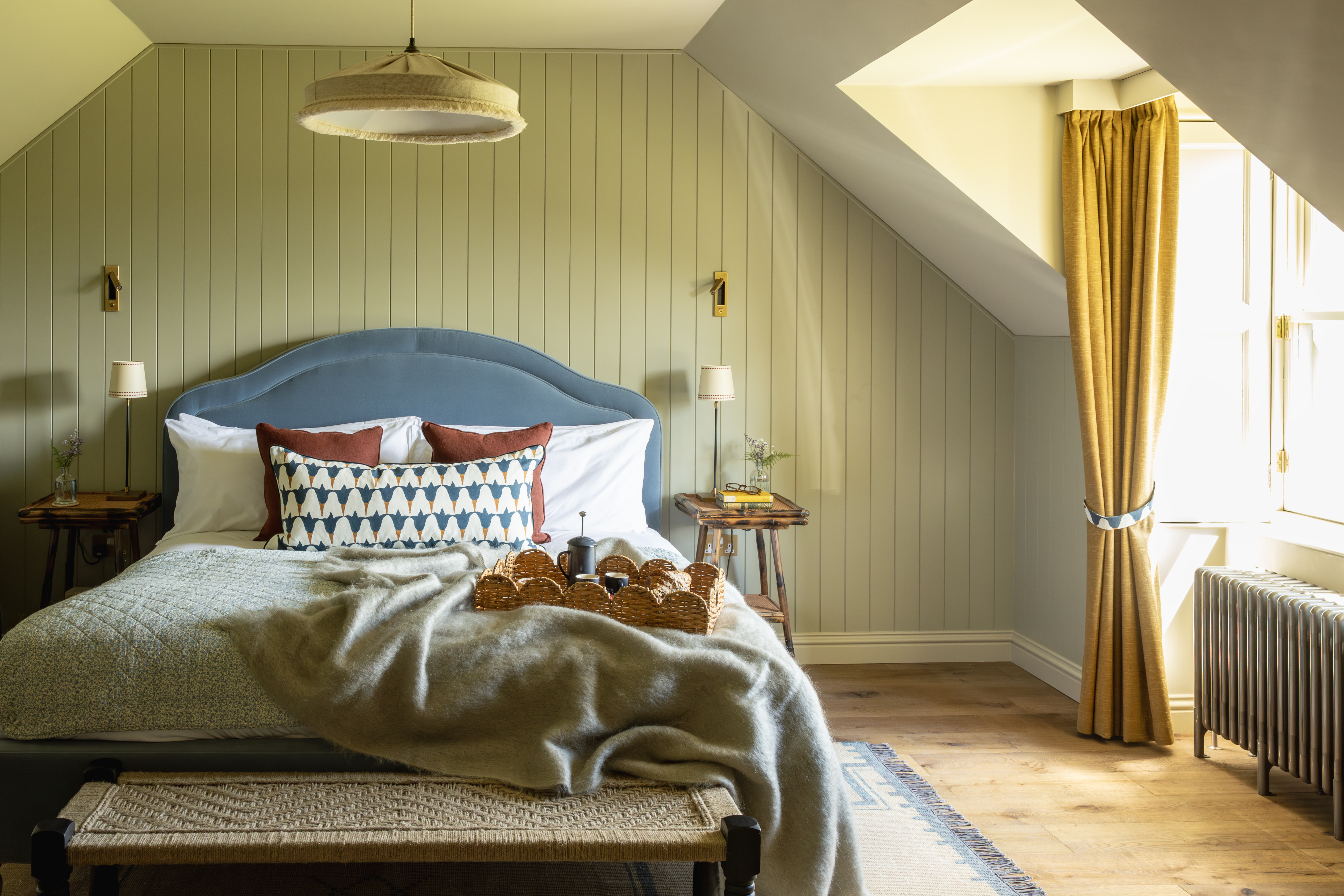
The estate has remained in the family ever since. Each successive generation has left its imprint. Two individuals, however, Sir John Clerk (1676-1755) and his son Sir James Clerk (1709-1782), second and third baronets respectively, were especially influential.
Sir John was something of a phenomenon, a judge, politician, Grand Tourist, antiquarian, amateur architect and landscape gardener credited with introducing the Palladian style to Scotland. In between dashing off ditties such as 'Oh Merry May the Maid Be that Marries the Miller' and a six-volume treatise (in Latin) on the necessity of the Union of Great Britain, he found time to create the Designed Landscape of Penicuik, now officially recognised as being of 'outstanding value as a work of art'.
In certain respects a chip off the old block, Sir James enhanced the estate’s claim to distinction, notably by overseeing the construction of Penicuik House, among the earliest and finest Palladian buildings in Scotland, between 1761 and 1769.
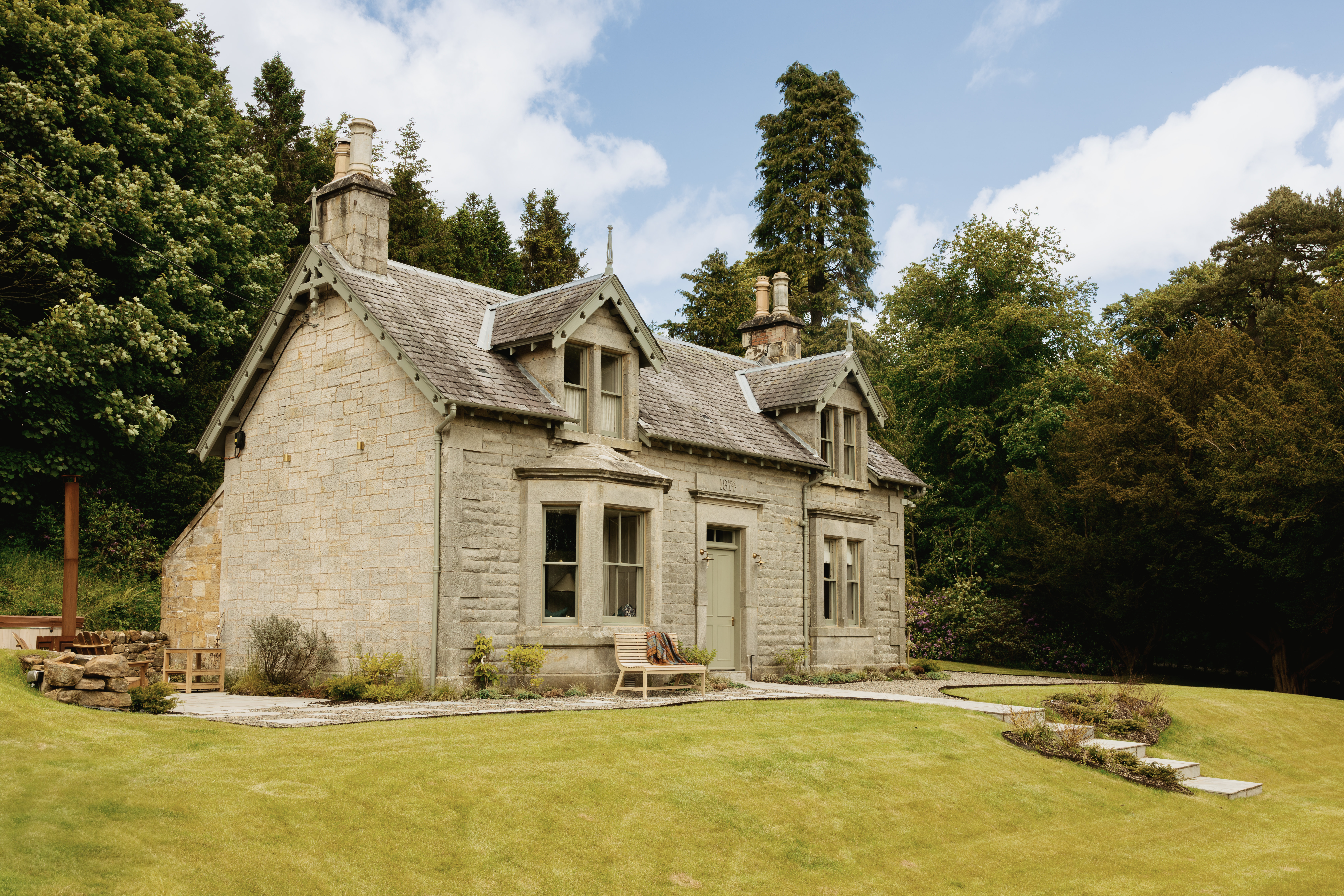
Clermount Cottage (above and below) is one of five of the estate’s cottages and lodges that have been restored and made available to rent since summer 2024.
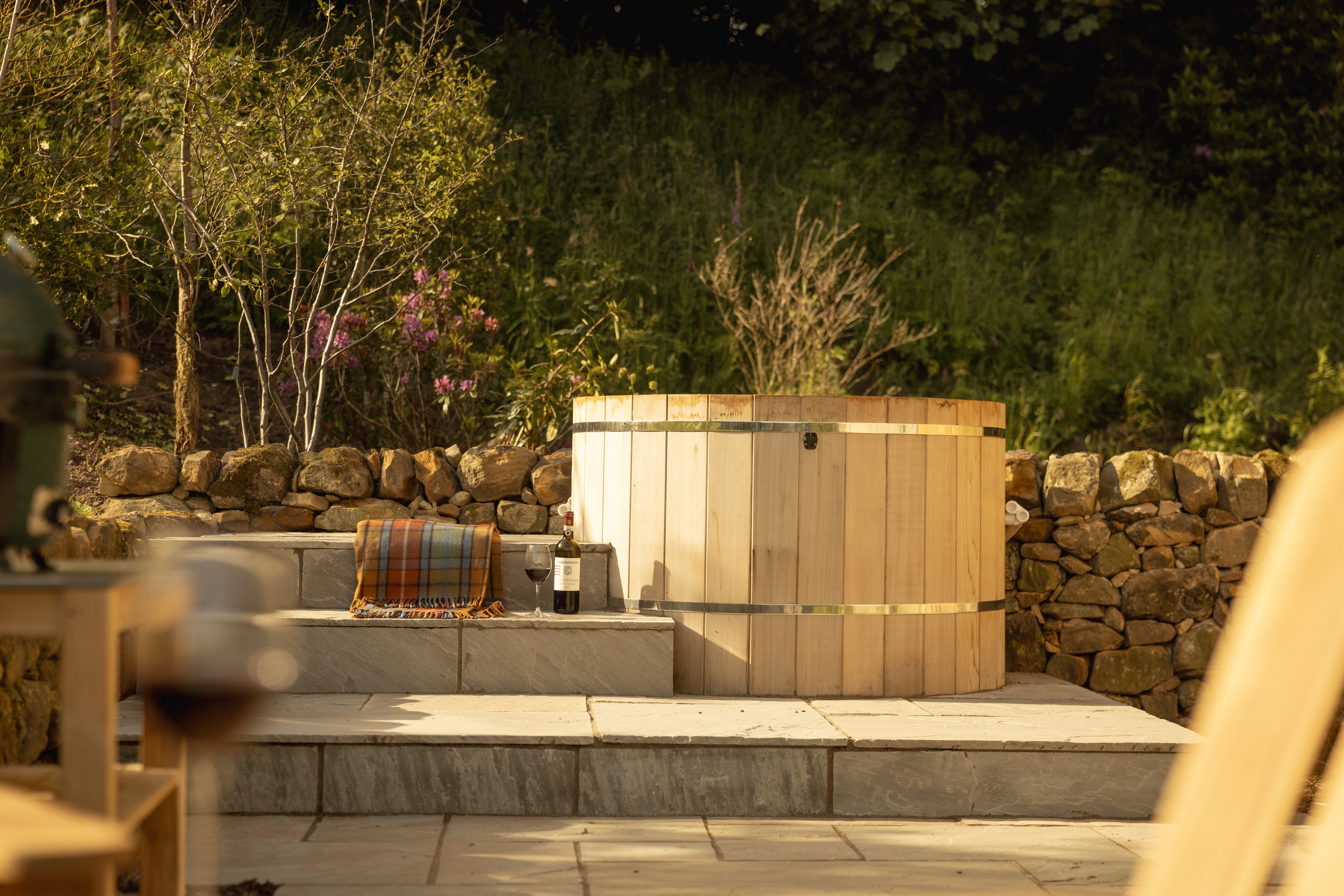
Penicuik House was ruined by fire in 1899. The Clerks were obliged to decamp 100 yards or so to the stable block — a distinctly superior kind of stable block, mind you, with its immaculate Cambridge-college-like courtyard, soaring clocktower and vast domed dovecote.
The charred shell of 'Old' Penicuik House still stands and is open to the public, free of charge. Each year some 150,000 visitors come to enjoy Sir John’s Designed Landscape and Sir James’s atmospheric ruin. Yet natural and architectural beauties are not enough in themselves to keep the lights on, and nor, these days, is farming.
Exquisite houses, the beauty of Nature, and how to get the most from your life, straight to your inbox.
Enter Ed Clerk, Penicuik’s current custodian, youngest son of the 11th baronet and a man on a mission to restore and regenerate the estate. Spend even a few minutes in his amiable company and his commitment to the land, the family, the community and the environment shines through. 'I was always the one with lots of annoying ideas,' he says modestly. Though still very much a working farm, and with great potential in terms of its natural capital, Clerk sees hospitality and leisure as integral elements of the business model going forwards.
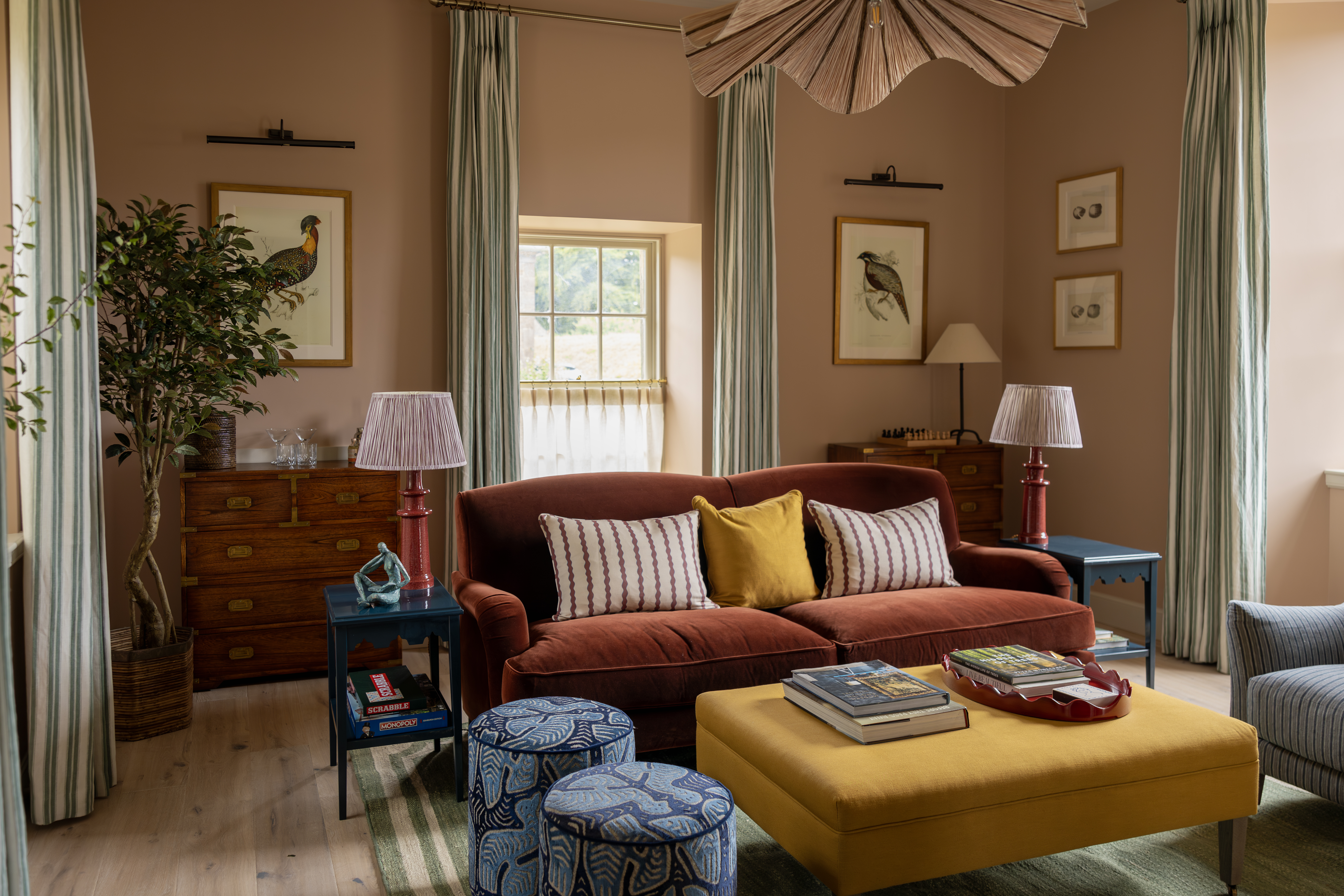
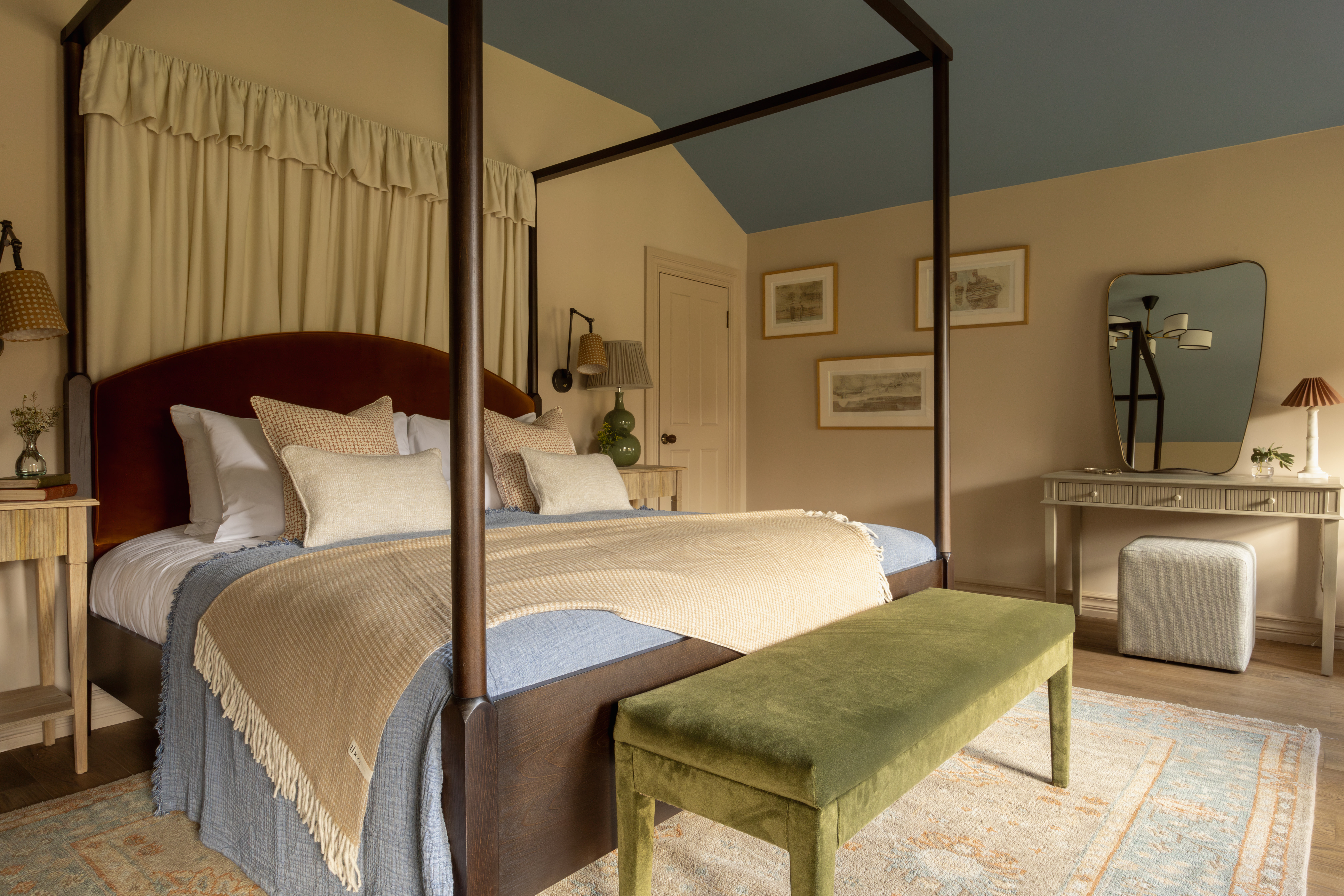
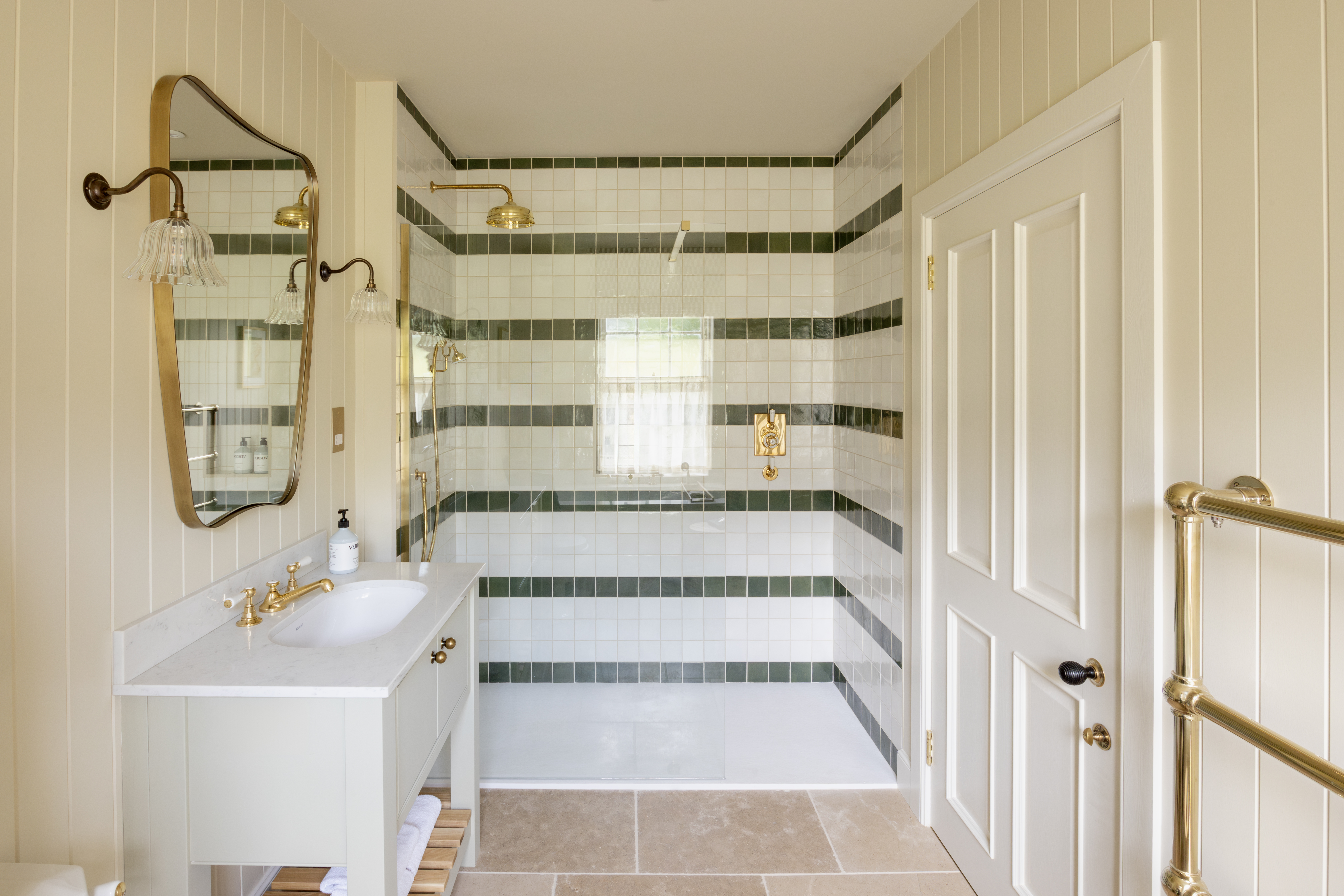
Five of the estate’s cottages and lodges have been restored and made available to rent since summer 2024, with six more to come in the year ahead. Meanwhile, Penicuik House itself (above) — the former stable block — has undergone a complete renovation and reinvention as a 16-bed exclusive-use hotel. Though not quite finished at the time of my most recent visit, it was shaping up gorgeously, its interiors similar in style to the already renovated cottages — cosy country-chic, faintly Soho Farmhouse-ish — just dialled up a bit to a still higher pitch of opulence.
Collectors and connoisseurs from the get-go, the Clerks quickly accumulated quite the inventory of objets and accoutrements. Few of their portable possessions were lost in the fire of 1899, which, though it left the old house a wreck, burned so slowly that almost everything that could be removed by hand was removed, including not only paintings, carpets and tapestries but also panelling, architraves and entire fireplaces. Expect to see many of these in the revamped Penicuik House, alongside, in some of the downstairs rooms, the old iron rings to which horses were once tethered.
Enjoying Penicuik isn’t difficult, even if you don’t have any particular knowledge of its extraordinary history. But the enjoyment is enhanced if you do. The estate and the family that own it have played a vital role in life of the area, indeed, at times, of the nation, over several centuries. That they have managed to hang on to Penicuik through thick and thin is remarkable enough; that they’re now, under Ed Clerk’s stewardship, pursuing such an admirably thoughtful, holistic approach to securing its future is all the more so.
By all means do go back to the land, on your way back to the hotel.
Steven King — or Steve — is a travel writer who has contributed to The Telegraph, among others. He is a contributing editor on Condé Nast Traveller and the author Reschio: The First Thousand Years (Rizzoli).